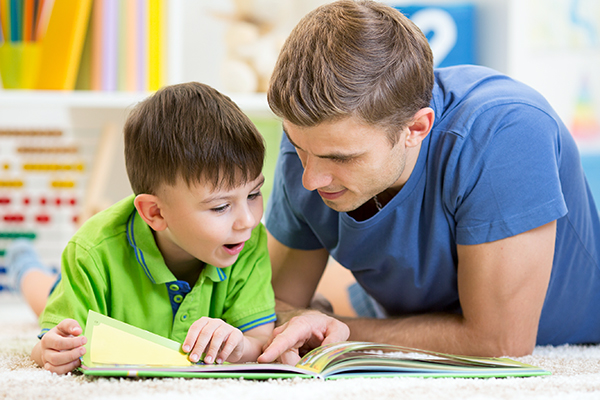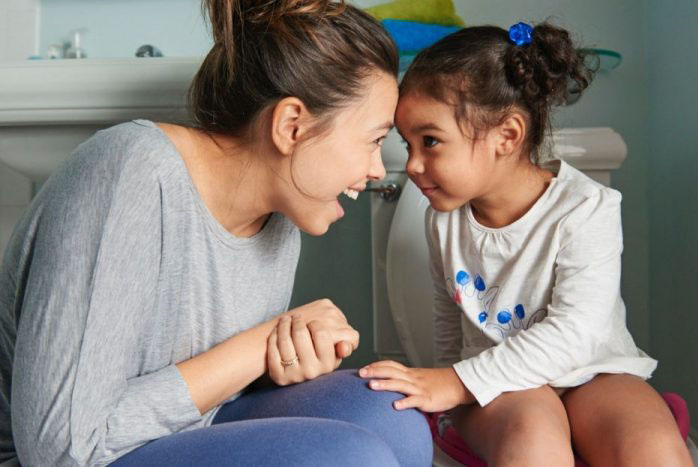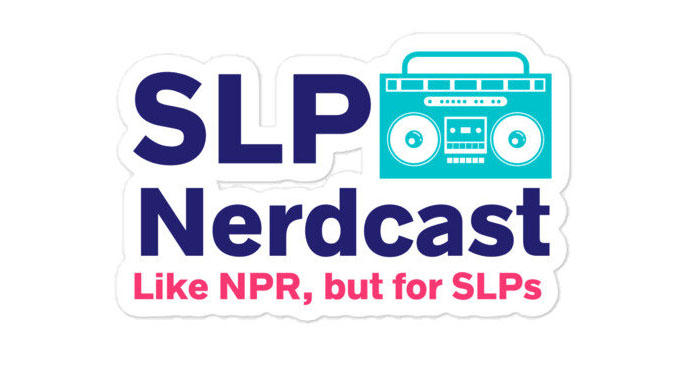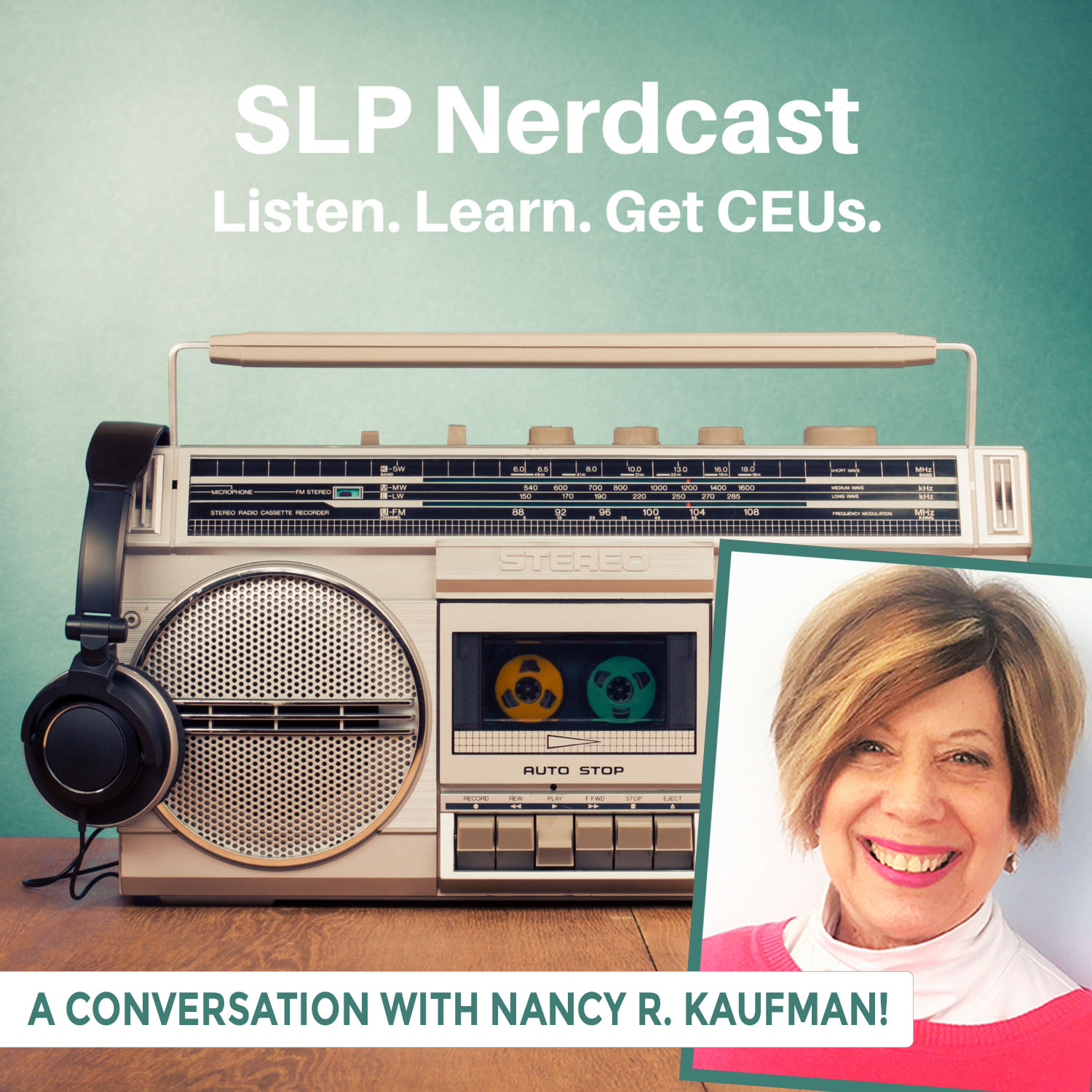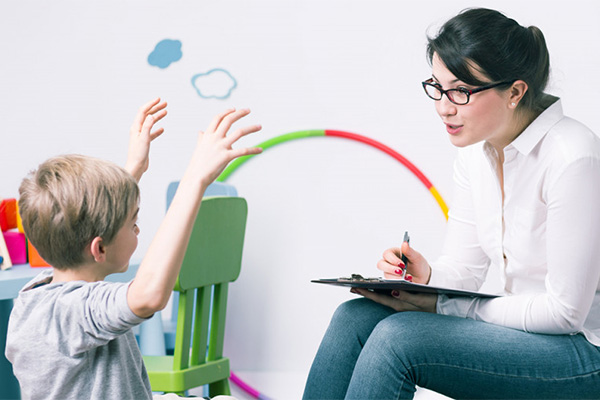Strategies to Build Successful Vocal Communication for Children with ASD
PRESENTED BY NANCY R. KAUFMAN, MA, CCC-SLP
KCC OWNER & DIRECTOR
Nancy is a speech-language pathologist and renowned expert in childhood apraxia of speech and other speech disorders. This one-hour seminar covers:
- Initial skills children need for success
- Characteristics of childhood apraxia of speech
- Overview of the Kaufman Speech to Language Protocol (K-SLP)
- How word approximations can help children develop functional, expressive, and social language
Nancy’s content is enhanced by video examples of children in therapy sessions.
